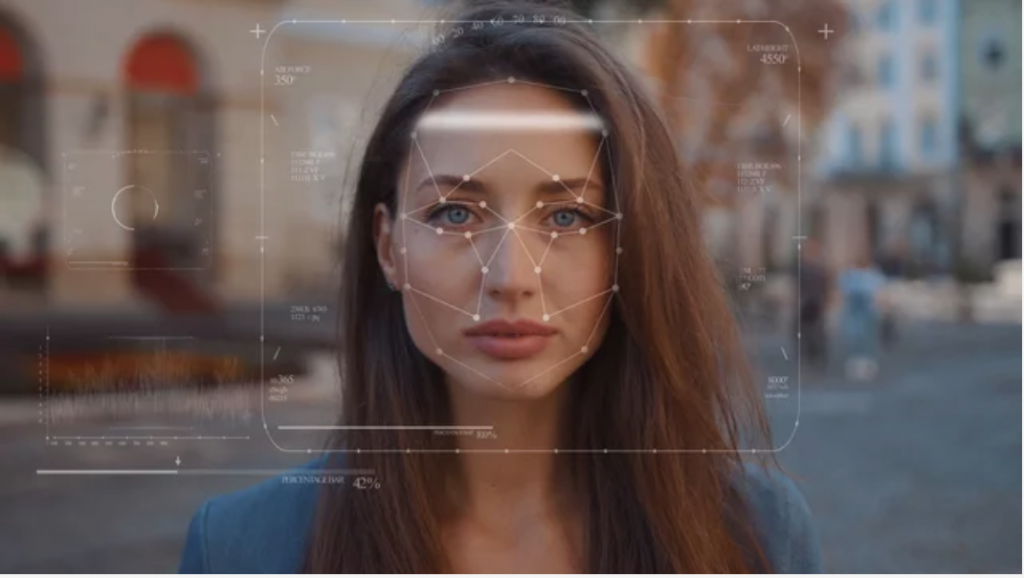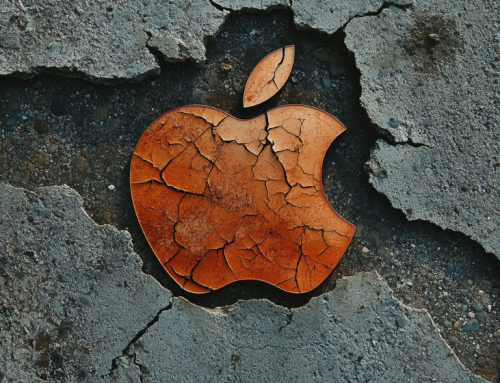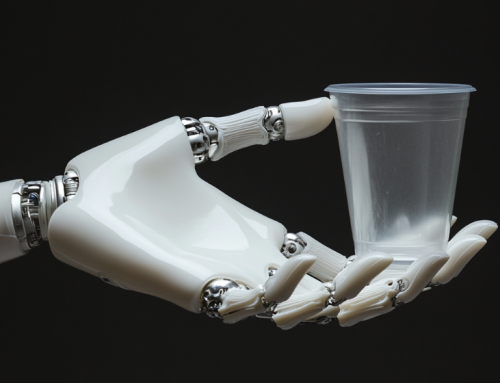
Clearview AI Settles ACLU Lawsuit on Invasion of Privacy from Its Facial Image Database
In an article from nytimes.com, we read about a case of there is good news and some bad news to report. Clearview AI, the facial recognition software maker, on Monday settled a lawsuit brought by the American Civil Liberties Union and agreed to limit its face database in the United States primarily to government agencies and not allow most American companies to have access to it.
So yes Clearview AI agrees to not sell to private companies and that is the good news. But they will be able to sell to police agencies and law enforcement groups, and that might be the bad news.
Now there is no doubt Clearview AI has created an incredibly capable algorithm but is it too capable? Has it been too intrusive to the point of being dangerous for the public in general? The A.C.L.U. thought so and filed a suit back in 2020 after finding Clearview AI was using citizens’ bodily identifiers, including algorithmic maps of their faces, without consent.
The agreement is the latest blow to the New York-based start-up, which built its facial recognition software by scraping photos from the web and popular sites, such as Facebook, LinkedIn, and Instagram. Clearview then sold its software to local police departments and government agencies, including the F.B.I. and Immigration and Customs Enforcement.
But its technology has been deemed illegal in Canada, Australia, and parts of Europe for violating privacy laws. Clearview also faces a provisional $22.6 million fine in Britain, as well as a 20 million euro fine from Italy’s data protection agency.
“Clearview can no longer treat people’s unique biometric identifiers as an unrestricted source of profits,” Nathan Freed Wessler, a deputy director with the A.C.L.U.’s Speech, Privacy and Technology Project, said in a statement about the settlement. “Other companies would be wise to take note, and other states should follow Illinois’s lead in enacting strong biometric privacy laws.”
The lawyer for Clearview AI said the company,” will be glad to put this litigation behind them.”
The settlement means that Clearview will still be able to sell its facial recognition algorithm to companies, but without the database of 20 billion images. Its algorithm helps match people’s faces to any database that a customer provides.
Clearview will still be able to provide its database to U.S. banks and financial institutions under a carve-out in the Illinois law. Hoan Ton-That, chief executive of Clearview AI, said the company did “not have plans” to provide the database “to entities besides government agencies at this time.”
So as you can see there is good news and bad news about the same AI company. Kudos to the ACLU for fighting and winning this privacy battle. Clearview AI did not admit any liability.
read more at nytimes.com







Leave A Comment